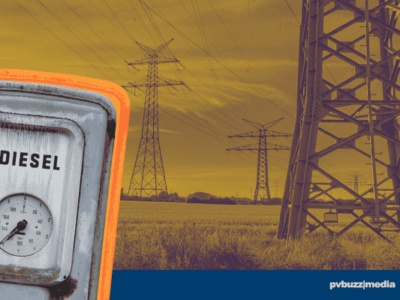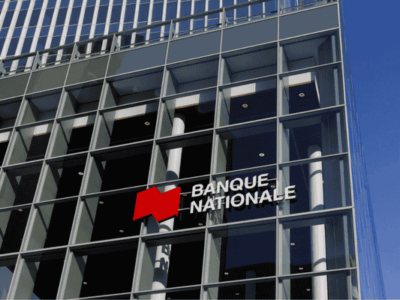- The investment aims to expand renewable energy projects in Sub Saharan Africa, Latin America, and the Caribbean.
- JCM Power plans to develop 10-12 utility-scale renewable projects.
- The projects will focus on solar and wind energy and 1-2 HVDC transmission projects over the next 5 years.
Toronto — FinDev Canada announced today a USD 20 million equity investment in Canadian-based JCM Power to support renewable energy projects in Sub Saharan Africa, Latin America, and the Caribbean. JCM Power plans to develop 10-12 utility-scale renewable projects focusing on solar and wind energy and 1-2 HVDC transmission projects over the next 5 years.
“Promoting Canadian expertise in renewable energy in emerging markets is a priority for us,” explains Paul Lamontagne, FinDev Canada’s Managing Director. “We are pleased to be supporting the expansion of a Canadian renewable energy company focused on the development, acquisition, construction, and operation of utility-scale renewable energy projects in developing markets .”
“We are very excited to be working with JCM Power as a leader in sustainable clean energy projects and as a Canadian firm.” said Suzanne Gaboury, Chief Investment Officer at FinDev Canada, “We are committed to contributing to JCM Power’s continued growth and helping it attract additional investors, including other Canadian institutions.”
The investment by FinDev Canada forms part of a USD 116 million equity offering that also includes other Canadian and international DFIs and investors.
With only 44% of the sub-Saharan population having access to electricity, building more capacity is critical. However, access will only improve if the growth in energy generation is paired with an increase in grid capacity and reliability.
Upon completion, the projects are expected to generate more than 3.0 million MWh of renewable energy per year – split evenly between wind and solar power. By displacing fossil-fuel-based power, this new generation will, in turn, avoid at least 940,000 tonnes of equivalent CO2 emissions annually.
The project investments will also lead to a significant increase in local employment opportunities and construction of economic value.















Comments